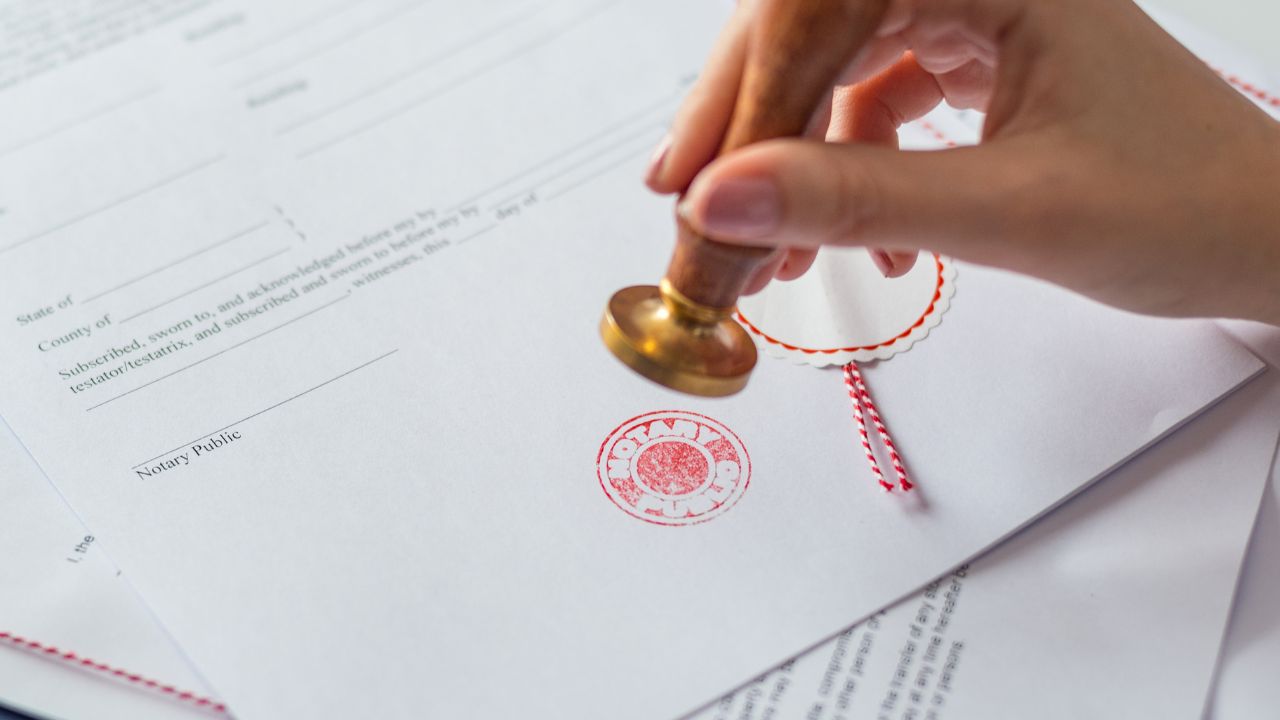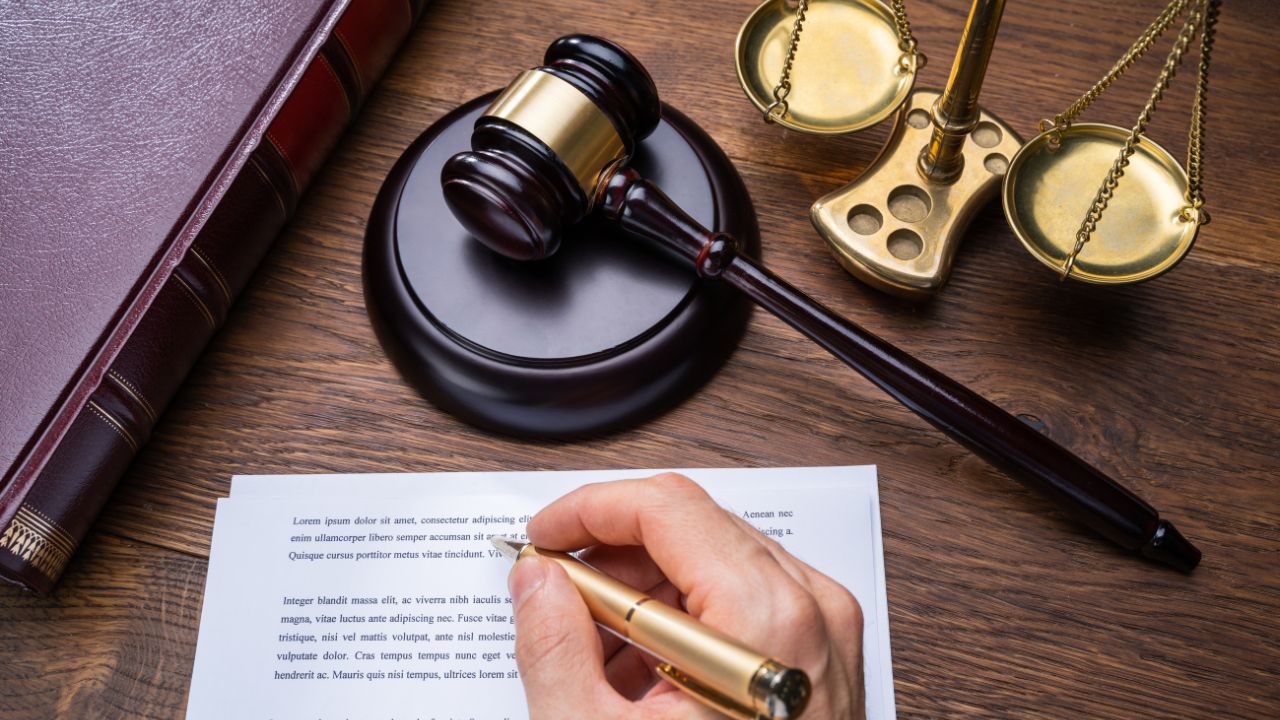A Power of Attorney is a commonly used legal instrument for various purposes, such as managing finances, making real estate transactions, or handling business affairs. Understanding the Indian Power of Attorney can be critical for those who want to delegate responsibilities or authorise someone else to act on their behalf. In this context, this post will provide an overview of the Indian Power of Attorney, its types, uses, and process.
What is a Power of Attorney?
A Power of Attorney is a legal document that allows one person (the principal) to give another person (the agent or attorney-in-fact) the authority to act on their behalf. In India, there are two types of Power of Attorney: general and specific.
General Power of Attorney
A General Power of Attorney (GPA) is a document that gives the agent the power to do anything on behalf of the principal. This includes buying or selling property, operating bank accounts, and signing legal documents. A GPA is valid until the principal revokes it or until their death.
Specific Power of Attorney
A Specific Power of Attorney (SPA) is a document that limits the agent’s authority to a specific task. For example, if the principal wants to sell a property but cannot be physically present to sign the documents, they can execute an SPA authorizing their agent to sign the sale agreement and complete the transaction.

Indian Power of Attorney Clauses
It is essential to include certain clauses to ensure that the Power of Attorney is clear, comprehensive, and legally valid in India. Some of the important clauses that should be present in an Indian Power of Attorney include:
- The name, age and address of the person appointing the Power of Attorney.
- The person to whom the power is granted, known as the attorney or agent.
- The date and place of creating the Power of Attorney, as well as the start date from which it comes into force.
- The date of termination of the Power of Attorney, if it is limited by time.
- In the case of a Special Power of Attorney, the specific act or acts that the agent is authorized to perform and the period of time within which such acts must be carried out should be clearly mentioned.
- In cases where a General Power of Attorney is granted, all the acts that the principal authorizes the attorney to perform must be clearly stated.
Who can execute a Power of Attorney?
Anyone who is of sound mind and has attained the age of majority (18 years) can execute a Power of Attorney. However, if the principal is illiterate, they must put their thumb impression on the document in the presence of two witnesses.
How to execute a Power of Attorney?
To execute a Power of Attorney, the principal must prepare a document on stamp paper of the requisite value (as per the state’s stamp duty laws). A Power of Attorney executed outside of India can be printed on plain paper. The document must then be signed by the principal and two witnesses. If the principal is executing an SPA, they must also provide specific details about the task they are authorizing the agent to undertake.
Power of Attorney Made by an NRI
NRIs can execute a Power of Attorney (POA) deed that grants someone else the power to transact on their behalf. It is worth noting that an NRI can execute a POA even while staying outside India and without having to come back to India for that purpose. However, any POA executed by an NRI living abroad must be recorded and certified by the Indian Consular Office of that country. Furthermore, the POA must be registered in Indian within a span of 3 months.
Who can be an agent?
Any person who is of sound mind and has attained the age of majority can be an agent. For example, a close friend, a trustworthy relative or a lawyer.
How to revoke a Power of Attorney?
The principal can revoke a Power of Attorney at any time by executing a revocation deed. It is a formal written statement that expressly declares the intention of the person who executed the original instrument to revoke or cancel it. A deed of revocation is a crucial document in the event that a person wishes to change or nullify the provisions of a previously executed legal instrument such as a Power of Attorney.
When does a Power of Attorney become effective?
A Power of Attorney becomes effective from the date mentioned in the document. If no date is mentioned, it becomes effective from the date of execution.
Can a Power of Attorney be registered?
A Power of Attorney can be registered with the Sub-Registrar of Assurances. Registration is mandatory in certain cases and provides additional protection against fraud and can be useful if the principal wants to execute a GPA for the sale or purchase of immovable property.
What are the limitations of a Power of Attorney?
A Power of Attorney does not give the agent the authority to do anything that is illegal or immoral. Additionally, if the principal is mentally incapacitated or dies, the Power of Attorney becomes invalid.
What are the advantages of a Power of Attorney?
A Power of Attorney can be useful in several situations, such as:
- Convenience: An Indian POA allows individuals to delegate their financial or property-related affairs in India to a trusted person without the need for frequent visits to India.
- Flexibility: An Indian POA can be customized to suit the specific needs of the individual, including the scope of authority granted to the attorney-in-fact, the duration of the POA, and other relevant terms and conditions.
- Protection: An Indian POA can provide protection to NRIs and OCIs against potential fraud or misuse of their assets or finances in India.
- Efficiency: An Indian POA can expedite the process of managing financial and property-related affairs in India, as it allows the attorney-in-fact to act on behalf of the NRI/OCI without the need for their physical presence in India.
- Peace of Mind: Having an Indian POA in place can provide NRIs and OCIs with peace of mind, knowing that their financial and property-related affairs in India are being managed by a trusted and competent person in their absence.
How to Prepare a POA Online
Whytecroft Ford offers professional assistance to individuals who require a Power of Attorney (POA) for their property or financial affairs in India.
Our POA Pack service includes expert drafting of a POA that adheres to Indian legal requirements and guidance on the proper execution of the document. Given that executing a valid POA outside India requires specific documentation and procedures, our Indian Power of Attorney Service aims to provide a simplified and seamless process to create a legally valid Indian Power of Attorney.
A Power of Attorney can be a powerful tool for managing your affairs in India. Whether you are travelling abroad or unable to attend to your financial or legal matters due to illness or disability, a well-executed Power of Attorney can provide peace of mind and ensure that your affairs are taken care of. However, it is important to understand the nuances of the Indian Power of Attorney and ensure that you execute the document properly to avoid legal complications.
Frequently asked questions
Usually, it is recommended that the photograph of the executor be attached to their power of attorney.
Two witnesses are required to sign the document at the same time as the executor in the presence of a notary public.






